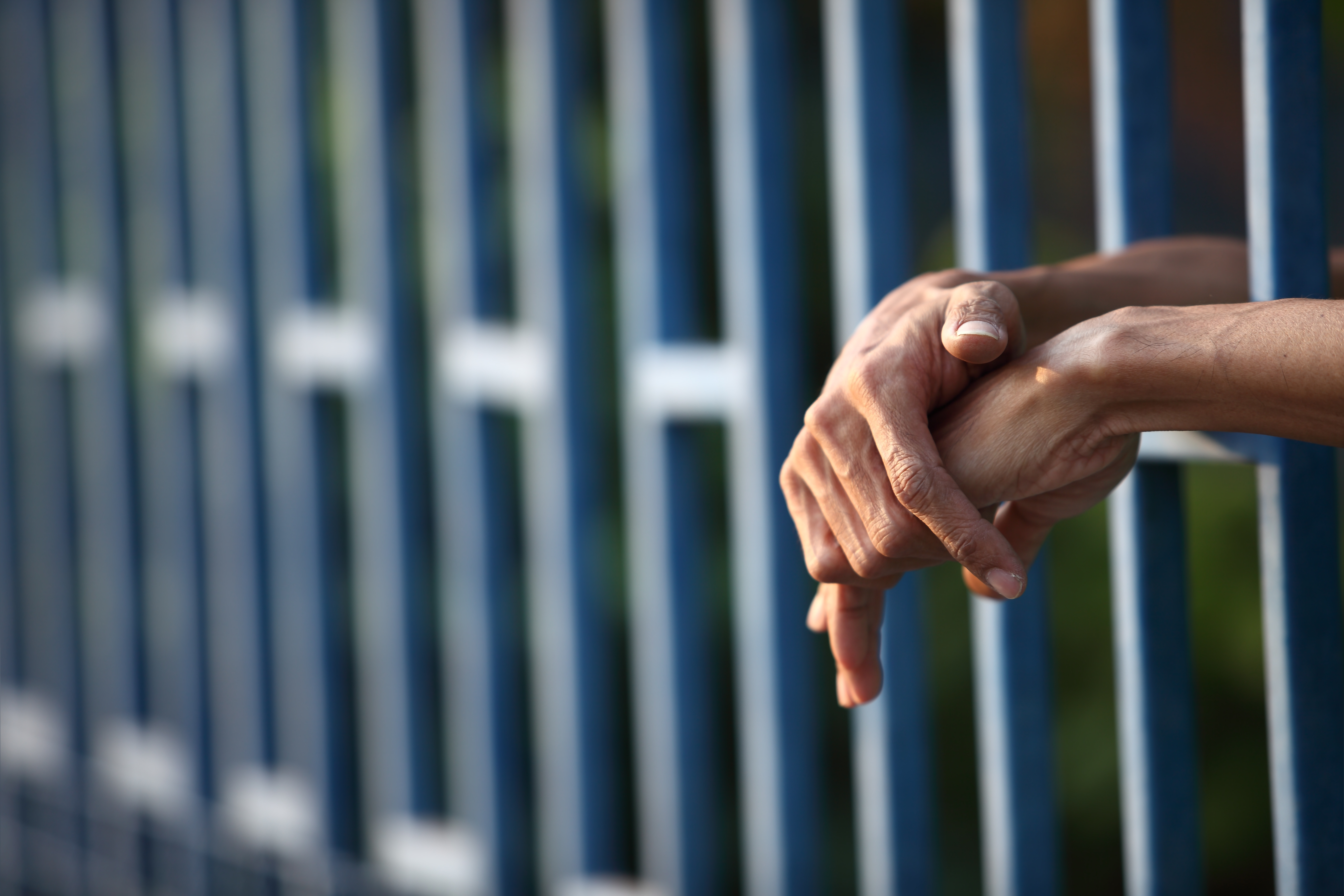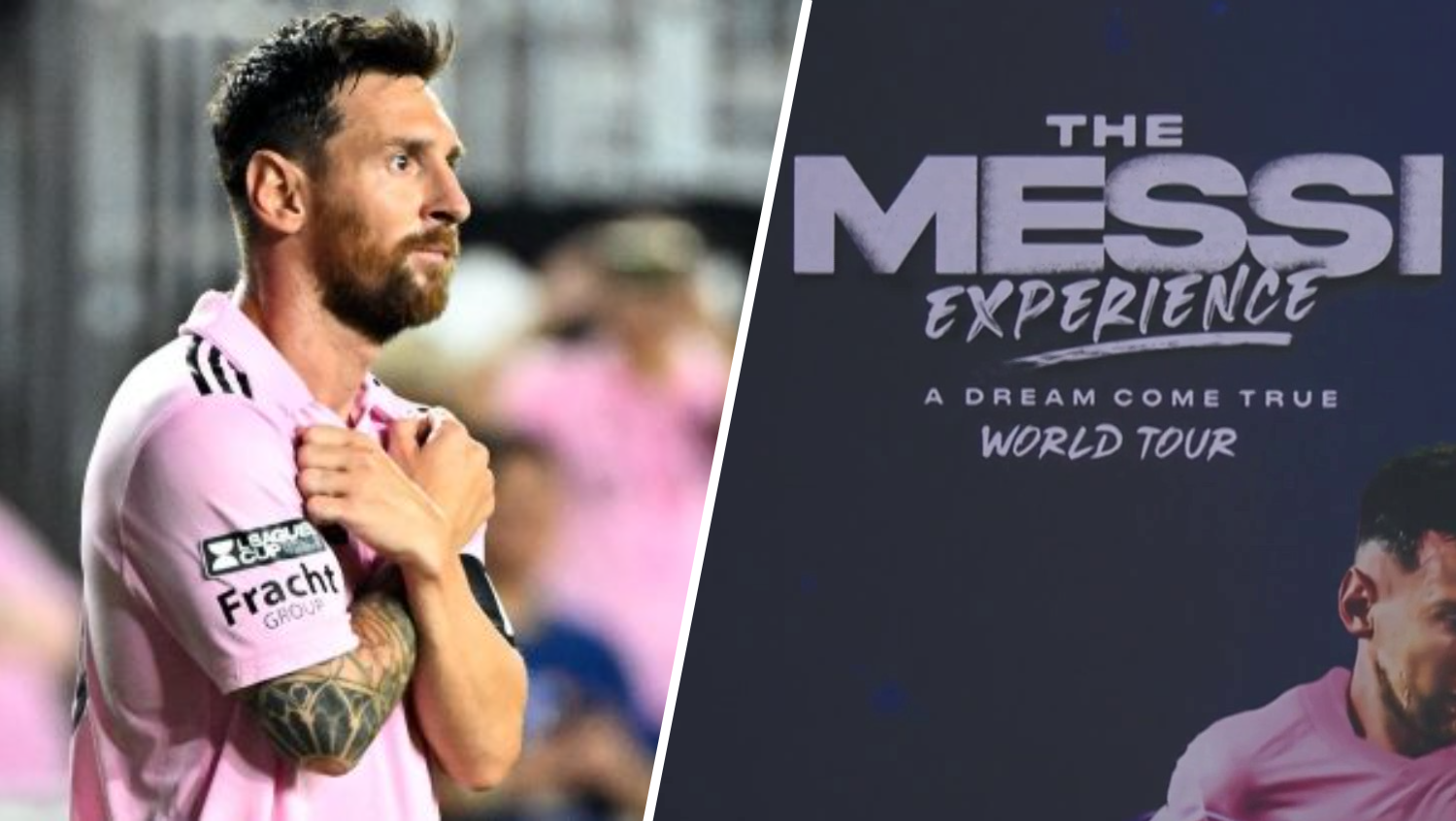On February 11, 2017, then 18-year-old Nikolas Cruz purchased an AR-15 semiautomatic rifle—a weapon that would be used to murder 17 students and teachers at Marjory Stoneman Douglas High School nearly a year later.
Following the deadly school shooting, many gun control advocates, families of victims and politicians have expressed their frustration about the ease with which the weapon was purchased by the future gunman.
At the time of purchase, Cruz had an extensive history of suffering from mental health crises, spreading hate messages online, and having outbursts at school. He also had a tendency to share violent social media posts of guns or harmed animals online, even expressing his intent, "to go out and buy a gun," in a Snapchat video in 2016.
The FBI had received a tip about the gunman just six weeks before the school shooting that left information on Cruz's "gun ownership, desire to kill people, erratic behavior, and disturbing social media posts, as well as the potential of him conducting a school shooting."
Get South Florida local news, weather forecasts and entertainment stories to your inbox. Sign up for NBC South Florida newsletters.
While many feel that the gunman should not have been allowed to purchase the weapon at all, others argue that his rights are protected by Florida law.
Michael Morrison, the owner of the firearm store that sold the gun to Cruz, took to the stand at the gunman's sentencing trial and testified that the young man passed a background check and showed no red flags.
Shortly after the Parkland shooting, Morrison's attorney also revealed that the gunman did not purchase additional magazines, thus not hinting at his plans for a mass shooting.
Local
Under state law prior to carrying out the school shooting, this protected Cruz's constitutional right to legally purchase the weapon.
As a seemingly reoccurring cycle of mass shootings leave the second amendment under intense debate, here's a closer look at Florida's law for purchasing a firearm and how it's changed since the 2018 school shooting.
How old do you have to be to purchase a gun in Florida?
When Cruz purchased his weapon in 2017, Florida law allowed 18-year-olds to legally buy firearms. Not even a month after the shooting, however, the law was amended to prohibit those under 21 to purchase weapons.
Today in Florida, anyone who wishes to purchase a gun, or any type of firearm, must be at least 21 years old. Valid identification must be presented upon purchase.
However, there are exceptions for law enforcement officers or armed forces service members who are above the age of 18.
Similarly, those over the age of 18 may use (not purchase) a gun with their parent's permission.
Which guns are legal?
In Florida, firearm owners are prohibited from buying, selling or owning machine guns or automatic rifles issued after 1986. After approval is granted by the Bureau of Alcohol, Tobacco, Firearms and Explosives, however, automatic rifles predating 1986 may be transferred.
An additional regulation was created by a 2018 bill that turned ownership of bump stocks, an accessory used to make a semiautomatic rifle operate automatically, into a felony.
Do you need a permit to buy a gun?
Gun licenses are currently not required for purchasing or owning a firearm in Florida. The exception is with concealed weapons, which do require documentation.
In order to receive a concealed weapon license and avoid a felony charge for carrying without one, a person must complete several educational courses.
Are background checks and mental health evaluations required upon purchase?
Firearm purchasers will undergo a brief background check to ensure that they are law-abiding citizens. This is normally conducted by a federal firearm dealer and requires both identifying and contact information that will then be used to conduct an instant background check.
After the background check is completed, purchasers must undergo a three-day waiting period — an effort to fight against instances of impulsive decision-making.
Morrison testified to conducting the background check that Cruz passed. He also revealed that while there was a question inquiring about the gunman's previous mental health problems, Cruz did not disclose his history.
Other than this question, there are no mental health evaluations required for purchasing a gun in the state of Florida.
Does Florida have red flag laws?
Shortly after the Parkland school shooting, lawmakers enacted a red flag law in Florida.
The legislation, also known as the risk protection orders law, gives law enforcement the ability to revoke a person's firearm should they indicate any intention to harm themselves or others.
Had this been enacted before the 2018 shooting, it would have been applicable by law to have Cruz's large collection of guns revoked following his expressed intent to harm those at his school.
How has the Florida legislation changed following the Parkland shooting?
Gun control legislation has tightened in Florida following the 2018 shooting at Marjory Stoneman Douglas.
Many measures have been taken to prevent those with dangerous intent to purchase a gun, and organizations such as Stand with Parkland continue to fight for safety in all aspects of gun ownership.
Measures have also been taken to promote safe practices among licensed gun owners. As recently as Wednesday, Agriculture Commissioner Nikki Fried announced at a news conference that Florida will begin adding gun storage safety tips when it mails concealed weapons licenses to its residents.
Have any national changes been made to keep guns out of people with harmful intent?
On June 25, President Biden signed the Bipartisan Safer Communities Act, which allocated billions of dollars to measures meant to lessen the likelihood of mass shootings in our country.
Of these efforts, one major component is adding provisions on firearms purchasing, such as enhancing background checks for purchasers under 21. The law also enacts stricter regulations on agencies that conduct background checks and enforces policies for firearm dealers.
While the law does not require background checks for every purchase, it does widen the scope of who does have to undergo one.



